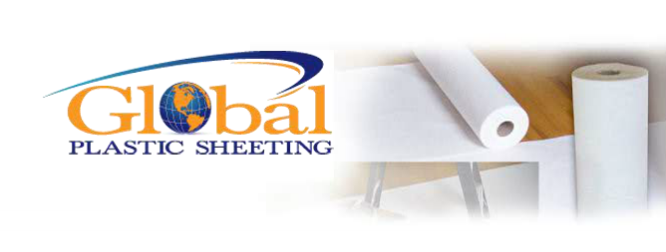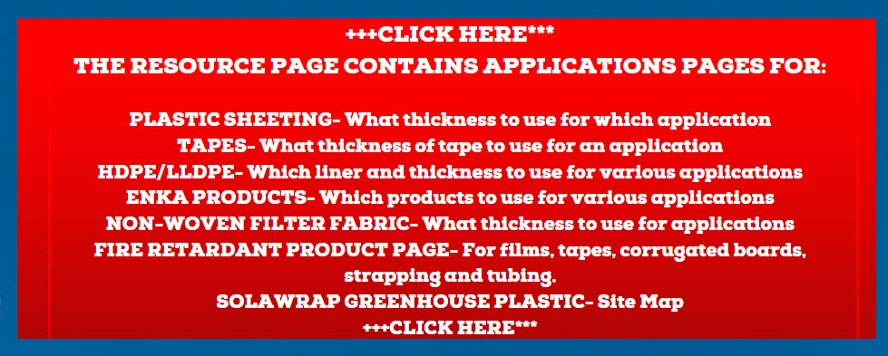Visqueen- Polypropylene and Virgin Polyethylene- What to use when
Introduction: When it comes to choosing the right plastic film for various applications, understanding the differences between different materials is essential. In this blog post, we will explore the characteristics, uses, and advantages of three commonly used films: Polypropylene, Visqueen, and Virgin Polyethylene. By gaining insight into their unique properties, you can make informed decisions for your specific needs.
Polypropylene Film: Polypropylene film is a versatile material known for its high tensile strength, excellent chemical resistance, and moisture barrier properties. It is commonly used in agriculture, packaging, labeling, and food industry applications. Polypropylene film is lightweight, durable, and offers good transparency. It is also heat sealable, making it suitable for packaging perishable goods. Its resistance to moisture and chemicals makes it an excellent choice for protecting products during storage and transportation.
Visqueen Film: Visqueen is a type of polyethylene film that is widely used as a vapor barrier and protective covering. It is typically manufactured from recycled or reprocessed polyethylene materials, making it an environmentally friendly option. Visqueen film is commonly used in construction, agriculture, and horticulture industries. It provides an effective moisture barrier, protecting structures from water intrusion and preventing the growth of mold and mildew. Additionally, it is used to cover and protect crops, as well as create temporary enclosures during construction projects.
Virgin Polyethylene Film: Virgin polyethylene film is made from newly synthesized polyethylene resin, ensuring higher purity and quality compared to recycled materials. It offers superior strength, tear resistance, and durability. Virgin polyethylene film is widely used in various industries, including agriculture, construction, and packaging. Its excellent clarity, flexibility, and resistance to chemicals and punctures make it suitable for applications that require high-performance film. It provides reliable protection against moisture, dust, and other contaminants.
Comparison and Recommended Uses:
- Polypropylene film is ideal for packaging, labeling, and food industry applications that require moisture resistance and clarity.
- Visqueen film, with its moisture barrier properties, is commonly used as temporaty tarp in construction and for covering crops in agriculture.
- Virgin polyethylene film is recommended for applications that demand superior strength, tear resistance, and durability, such as heavy-duty packaging, construction enclosures, and agricultural applications.
Key Statistics and Facts:
- Polypropylene film typically has a tensile strength ranging from 25 to 35 MPa, making it suitable for various packaging and labeling needs.
- Visqueen film is available in different thicknesses, with typical thicknesses ranging from 4 to 10 mil (0.1 to 0.25 mm), providing different levels of moisture protection.
- Virgin polyethylene film can have a tear resistance of up to 10,000 grams, offering exceptional durability in demanding applications.
Conclusion: Polypropylene, Visqueen, and Virgin Polyethylene films each have their unique characteristics and applications. Understanding their differences allows you to make informed decisions when selecting the appropriate film for your specific needs. Whether you require moisture resistance, strength, or clarity, there is a film option available to meet your requirements. Consider the specific properties and recommended uses outlined in this blog post to make the best choice for your project or application.



